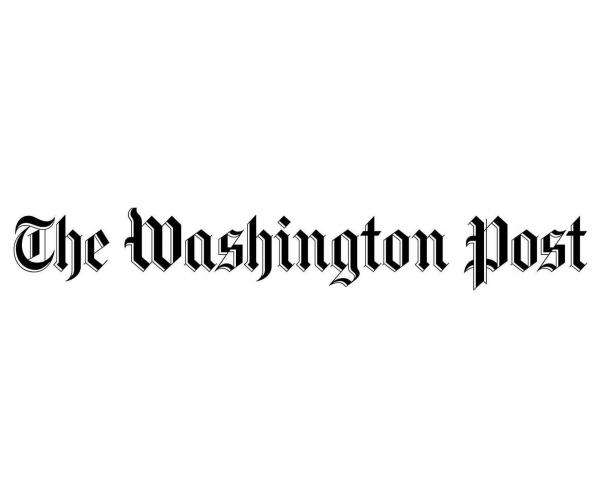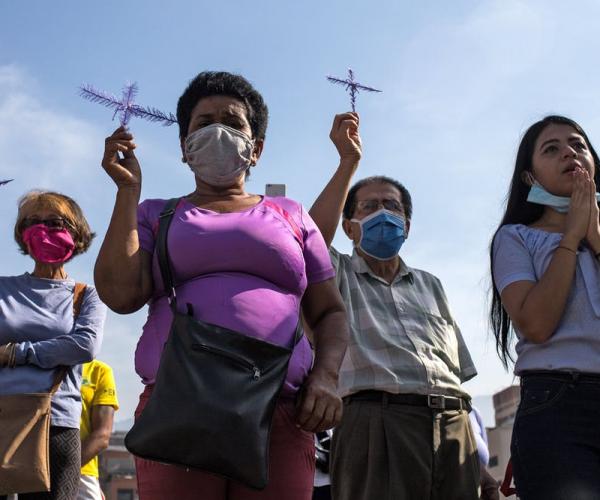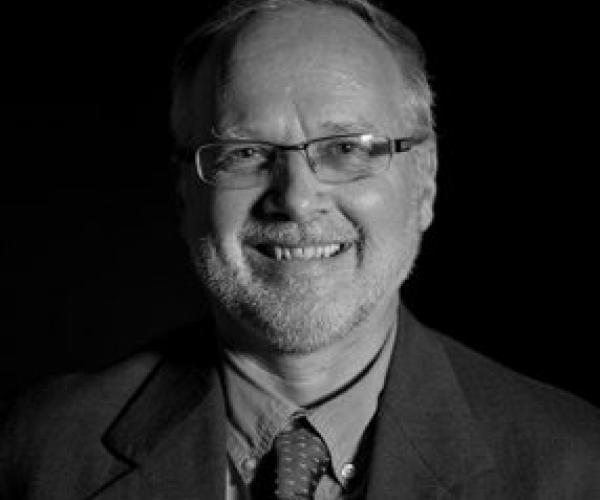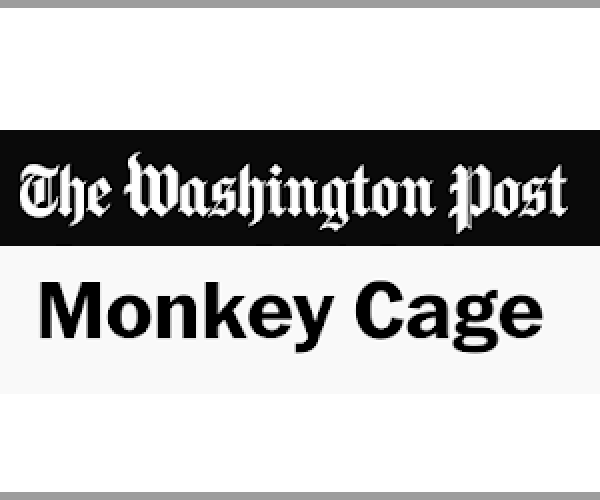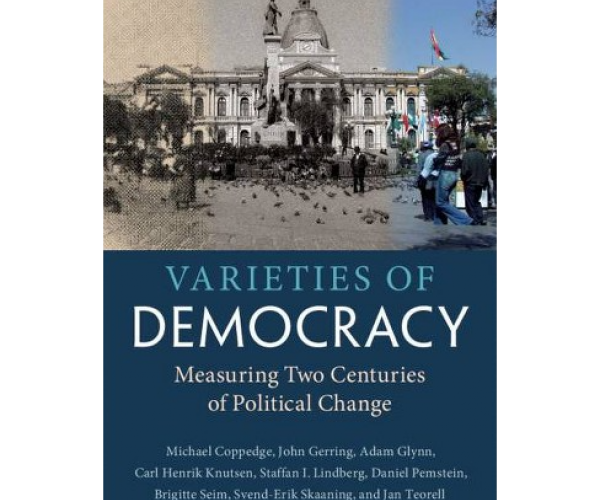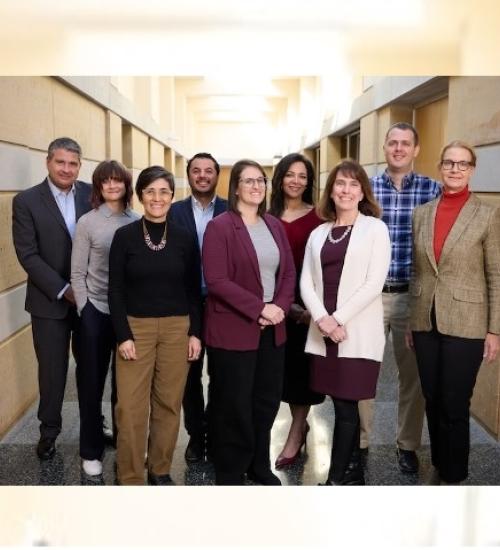
Visiting Fellowships
Since 1983, the Kellogg Institute for International Studies has offered visiting fellowships to promote interdisciplinary international research in a supportive community of scholars. This widely respected residential program offers you time to pursue scholarly inquiry where it takes you, advance your personal research, and collaborate with other scholars and practitioners from across the US and around the globe.
As a visiting fellow, you pursue research related to Kellogg Institute themes of democracy and human development, share your research with the Notre Dame scholarly community, and have the opportunity to publish in Kellogg’s peer-reviewed Working Paper Series.
An Ideal Scholarly Environment
While at the Kellogg Institute, you interact with leading scholars one-on-one and through the Institute’s seminars and lectures, international conferences, roundtable discussions on world affairs, and cultural events.
The facilities at the Hesburgh Center are ideal for scholarly research. Visiting fellows have spacious offices, on-site information technology support, personal library services through a branch of the University’s library, and use of a variety of campus facilities.
Visiting Fellowships include:
- Stipend
- Travel expenses
- Medical insurance benefits
- Partial housing subsidy for the Hesburgh Center Residences or other on-campus housing
Who is Eligible?
We invite applications from scholars and practitioners who conduct international research on our themes of democracy and/or human development. Applicants may come from any country and typically fall into three groups:
- Promising junior and midcareer scholars (typically postdocs and assistant or associate professors)
- Distinguished senior scholars with an established record of scholarly excellence
- Accomplished policy makers, journalists, and other practitioners whose knowledge and experience can link policy and scholarship
Degree Requirements
Most successful applicants will hold a PhD or equivalent degree in a social science discipline or in history.
- In exceptional cases, the Institute will support applicants with a PhD or its equivalent in other disciplines.
- The Institute welcomes applications from eminent scholars and practioners who do not hold a PhD.
- Advanced ABD graduate students may apply, but awards are contingent on their having completed the PhD before beginning the fellowship.
Eligibility Considerations (for non-US citizens/residents)
The following should be considered when applying for a Kellogg Institute fellowship:
- Advanced English language proficiency is required.
-
Foreign nationals must have a valid passport and be able to obtain a J-1 Visa.
Other Considerations
According to US immigration regulations, an individual who completes a period of stay of less than five years as a J-1 professor or research scholar and does not have another appointment immediately following the termination of said stay, cannot return to the US as a J-1 professor or research scholar until the individual has been outside the US for a minimum period of two years. This two-year bar is different from the two-year home residency requirement normally issued to J-1 scholars.
For program information, please contact Lupe Ramírez, Senior Program Manager of Visiting Fellowships and Graduate Student Affairs at gramirez@nd.edu.
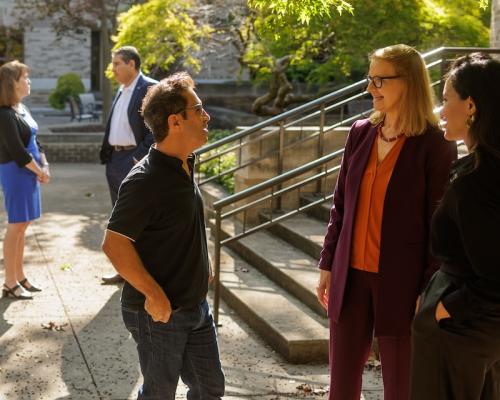
Applications
How Do I Apply?
Kellogg Institute Visiting Fellowships are highly selective, with the majority awarded through our annual competition. The Institute may consider applications from distinguished senior scholars and practitioners on a rolling basis outside the competition.
Application Process
Kellogg Institute visiting fellowship applications are submitted through our online system in Interfolio.
You will be asked to create an account and you will need to remember your login and password in order to save and return to your application until you are ready to submit.
A complete application will consist of the following documents uploaded through the online application system, along with filling out the Visiting Fellowship Application Form and Institutional Required Information Form (IRIF):
- Cover letter addressing your interest in the fellowship and specifying your preferred term of stay
- Curriculum vitae
- A research project statement (6–10 double-spaced pages)
- Project Abstract (150 words max)
- Short Bio (200-300 words)
-
Three Confidential Letters of Recommendation - Letters must be received into the Interfolio system no later than October 7.
Competition for A/Y 2026-27: Application opens August 1, 2025 thru October 1, 2025
Fellowship Terms
Fellowships are offered for the academic year (August to May) or the fall (August to December) or spring semester(January to May). Additionally, two-year postdoctoral visiting fellowships may be offered to one or two applicants per year. Find out more about the Postdoctoral Fellowships here.
Annual Visiting Fellow Competition
The application for the academic year opens on August 1, with the deadline of October 1.
How Are Visiting Fellows Selected?
Fellowships are awarded on a competitive basis. A committee composed of Kellogg Institute Faculty Fellows evaluates the applications based on the following selection criteria:
- The individual's scholarly record and potential
- The problem being addressed and the interest and importance within and beyond the researcher’s field
- The study's relationship to the research themes of the Kellogg Institute
- The quality of the research design, including basic hypotheses, research methodology, and the kinds of data or evidence the researcher is considering
- The importance and originality of this project and it’s clarity to someone outside the applicant’s discipline
- The quantity and quality of work the researcher would be able to complete during his/her time at the Institute
Expectations
Residency
Visiting fellows are expected to be in residence during their tenure at Kellogg. Absences of more than a few days are discouraged and require the Director’s permission.
Presentation
Visiting fellows are expected to give at least one presentation of their current research.
Participation
Our visitors are an important part of the scholarly community at the Institute. We expect fellows to attend and participate in the weekly seminar and lecture series and most Kellogg events.
Publication
We expect visiting fellows to publish the results of research undertaken and/or completed during their stay. We ask that such publications contain an acknowledgment of Kellogg Institute support.
Working Papers
Kellogg has its own peer-reviewed Working Paper series to which visiting fellows must submit at least one paper for consideration, either during or shortly after their stay.
Latest News
Washington Post: Smilde Provides an Overview of the US “Democratic Transition Framework for Venezuela”
Millions of People in India’s Slums Can’t Keep Each Other at a Distance During Pandemic Lockdown






